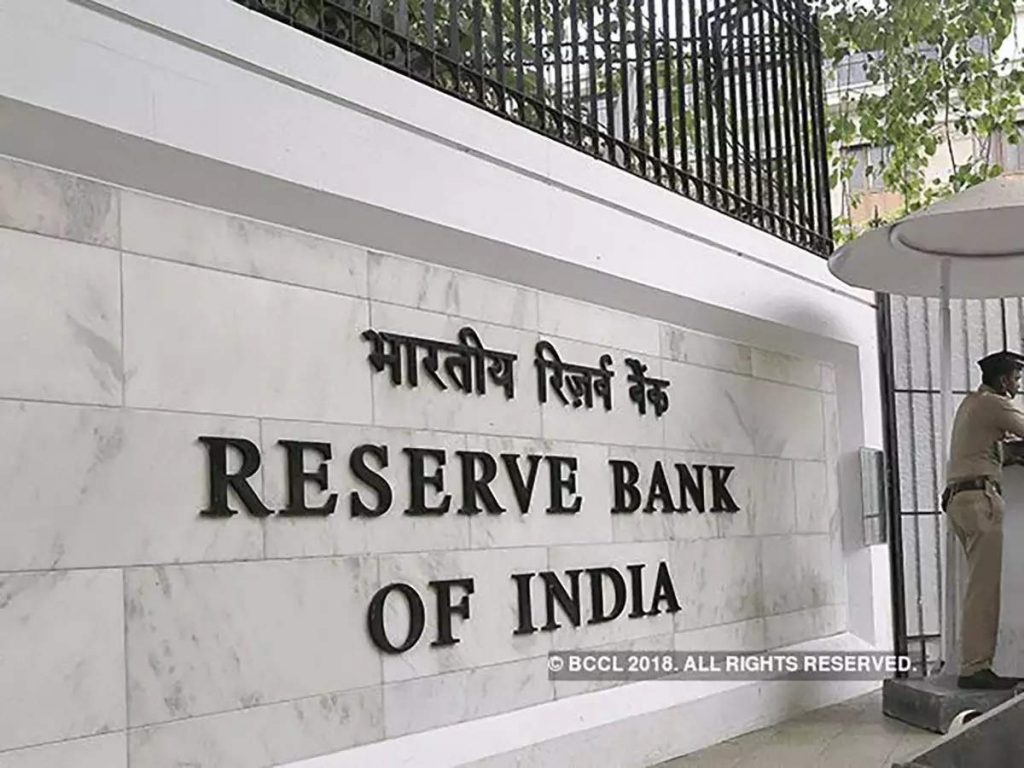KATHMANDU: The Reserve Bank of India (RBI) on Monday announced certain measures to settle international trades in rupee, in order to promote global trade with emphasis on exports from India.
In an official release, the RBI said: “In order to promote growth of global trade with emphasis on exports from India and to support the increasing interest of global trading community in rupee, it has been decided to put in place an additional arrangement for invoicing, payment, and settlement of exports/imports in rupee.”
In other words, all exports and imports under this arrangement may be denominated and invoiced in rupee.
However, for putting this mechanism in place, banks will require prior approval from the foreign exchange department of RBI, the circular said.
The new mechanism will also address issues related to invoicing, exchange rate as well as settlement.
Besides, the exchange rate between 2 currencies may be determined by the market.
For settlement of trade transactions, the concerned banks will require Special Rupee Vostro Accounts of correspondent bank/s of the partner trading country.
The circular further noted that, the rupee surplus balance held can be used for permissible capital and current account transactions in accordance with mutual agreement.
The balance in special vostro accounts can be used for payments for projects and investments; export/import advance flow management; and investment in government bonds, it added.
“Indian importers undertaking imports through this mechanism shall make payment in INR which shall be credited into the Special Vostro account of the correspondent bank of the partner country, against the invoices for the supply of goods or services from the overseas seller /supplier,” it said.
Exporters, undertaking overseas shipments of goods and services through this mechanism, will be paid the export proceeds in Indian rupees from the balances in the designated Special Vostro account.
It may also enable Indian exporters to receive advance payment against exports from overseas importers in rupees.
However, before allowing such receipt of advance payment against exports, banks shall ensure that available funds in these accounts are first used towards payment obligations arising out of already executed export orders/export payments in the pipeline. ToI

